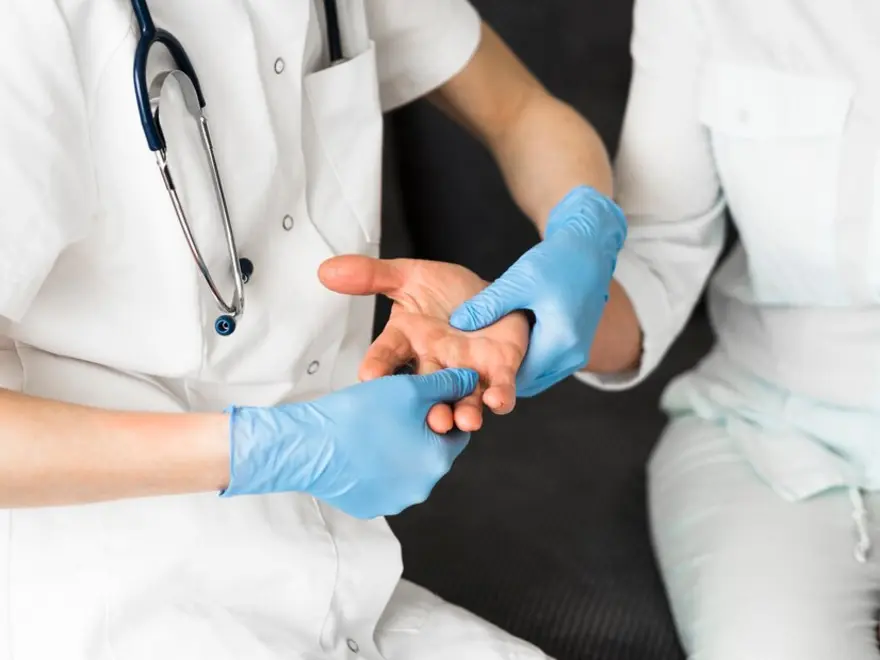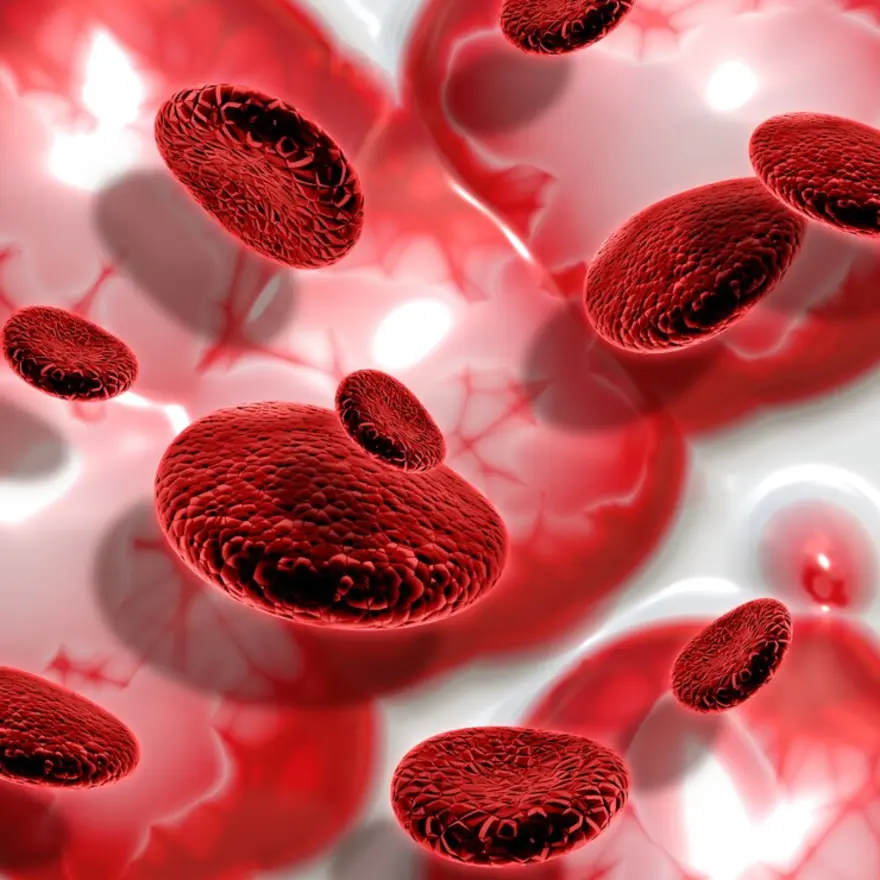Galactose-Total Neonatal Screen from Dried blood spot Test in Hyderabad
50+ booked in last 3 daysOverview
Galactose is a type of naturally occurring sugar that the body breaks down for energy. It is found in nature combined with other sugars, e.g., combined with glucose in lactose (milk sugar). It is found in the body in carbohydrate-containing fats called glycolipids, which occur in the tissues of the brain and nervous system.
Galactose-Total Neonatal Screen from Dried blood spot Test Price in Hyderabad
Metropolis Healthcare is a leading diagnostics centre and pathology lab in India equipped with the latest state-of-the-art technologies that provides the Galactose-Total Neonatal Screen from Dried blood spot Test with a clear pricing structure
The price of Galactose-Total Neonatal Screen from Dried blood spot Test in Hyderabad is ₹ 455
We are committed to deliver accurate and quality results from the best labs in India with complete transparency regarding test cost and turnaround time. No matter where you are, we strive to offer patients high-quality service that is affordable and accessible.
Frequently Asked Questions
To identify at-risk babies for Galactosemia at the earliest.
This is a screening test for newborn babies usually done within 48-72 hours of birth to detect inborn errors of metabolism.
Newborn Screening is a test that involves testing of infants at birth for certain genetically linked metabolic disorders which may affect baby’s physical, mental and intellectual development. This test checks for Galactosemia in the newborn using Galactose as the marker analyte.
Ratings & Reviews (0)
Why Metropolis?
Metropolis has a team of 200 senior pathologists and over 2000 technicians delivering diagnostic solutions in the areas of routine, semi specialty and super specialty domains like Oncology, Neurology, Gynaecology, Nephrology and many more.
We offer a comprehensive range of 4000+ clinical laboratory tests and profiles, which are used for prediction, early detection, diagnostic screening, confirmation and/or monitoring of the disease.



.png)
















 WhatsApp
WhatsApp